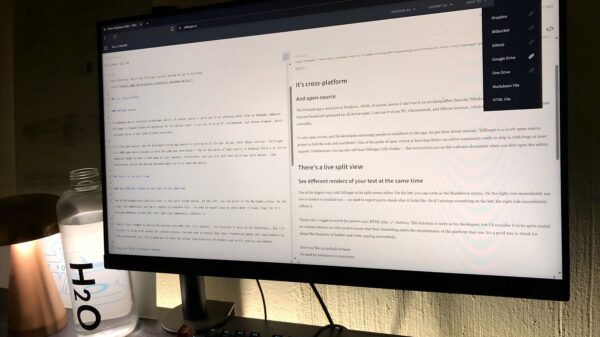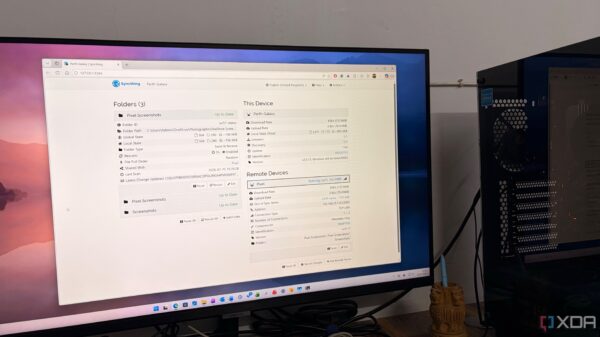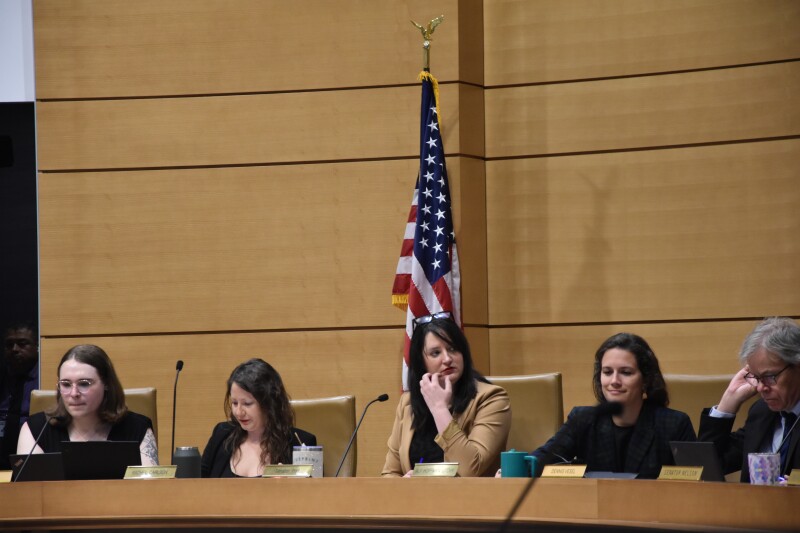ST. PAUL — Minnesota higher education institutions reported significant disruptions in federal funding during a Senate Federal Impacts Subcommittee hearing on November 13, 2023. This session is part of a broader effort by Senate Democrats to evaluate the repercussions of policies from the administration of former President Donald Trump, especially as the state prepares for the upcoming 2026 legislative session.
According to data provided by Minnesota Management and Budget, the state has experienced a total of $157 million in canceled federal funds across various sectors, not limited to education, along with an additional $491 million categorized as “at risk” as of November 11, 2023.
Funding Cuts Impact Research and Programs
During the hearing, JoonHyung Cho, assistant vice president of research at the University of Minnesota (UMN), reported that the university has seen 101 federally funded research awards terminated or suspended across multiple federal agencies. These include vital funding sources such as the National Institute of Health, the Centers for Disease Control and Prevention, and the Environmental Protection Agency.
“The unexpended balance associated with these awards totals over $33 million in research funds that can no longer be utilized except for limited close-out costs,” Cho stated. The impact of these cuts spans four campuses—Twin Cities, Duluth, Crookston, and Morris—and affects 20 colleges and research centers. Notably, approximately 25% of the affected funds are in the School of Public Health, while the College of Education and Human Development and the College of Science and Engineering also face significant losses.
The challenges extend beyond funding cuts. Cho noted there are delays affecting more than 110 NIH proposal applications that remain pending.
At St. Catherine University, Katie Campbell, associate professor and assistant vice president for sponsored programs, reported that five federal grants totaling over $2.4 million have been rescinded. Campbell attributed these cuts to the administration’s agenda aimed at dismantling initiatives focused on diversity, equity, and inclusion.
“Our institution serves a diverse student body, with 52% identifying as BIPOC and 43% as first-generation college students,” she explained. “Unlike public universities, we have not been able to reinstate our awards due to our status as a private institution. This loss directly impacts the students and faculty who rely on these funds to support their academic and professional development.”
The KARE (Katies for Aging Research and Equity) program at St. Kate’s, which targets under-resourced students interested in aging research, is one of the initiatives affected by these funding cuts. Campbell highlighted the immediate consequences, including staffing shortages and challenges in recruiting new cohorts for the program.
Third-year Public Health student Nesteho Abdi, a refugee and first-generation student, expressed concern over the impact of grant terminations on marginalized communities. “When we cut grants and tell students that their research does not expand knowledge or enhance health, we limit the potential impact of our work,” Abdi stated.
Enrollment Trends Amid Federal Changes
In addition to funding issues, Wendy Robinson, assistant commissioner for programs at the Office of Higher Education, provided an update on enrollment rates during the hearing. Preliminary data suggests that the Minnesota State system and the University of Minnesota campuses have seen increased enrollment this fall. Approximately 70.5% of the over 400,000 college students in Minnesota are residents of the state.
Despite this positive trend, Robinson noted potential declines in international student enrollment, which adds over $488 million to the state’s economy annually. There are early signs indicating a slight drop in enrollment among international students at some institutions.
The path forward regarding state responses to federal funding changes remains uncertain as Minnesota faces a projected budget deficit of $6 billion by 2028. The state legislature had previously approved a two-year budget with $5 billion in cuts during the 2025 session.
Senator Lindsey Port, who chairs the Federal Impacts committee, expressed frustration about the ongoing challenges highlighted in the hearings. “Every two weeks, we encounter more alarming issues facing our state, and this one seems particularly egregious as it serves no purpose other than to harm people,” she remarked.
Port emphasized the importance of investing in students, stating that higher education remains a priority for Minnesota. She expressed hope for a future partnership with the federal government that supports educational initiatives.
Notably absent from the hearing were Republican members of the Federal Impacts committee, who were unable to attend due to scheduling conflicts. As these discussions continue, the implications of funding disruptions and enrollment challenges remain a critical concern for Minnesota’s higher education landscape.






































































